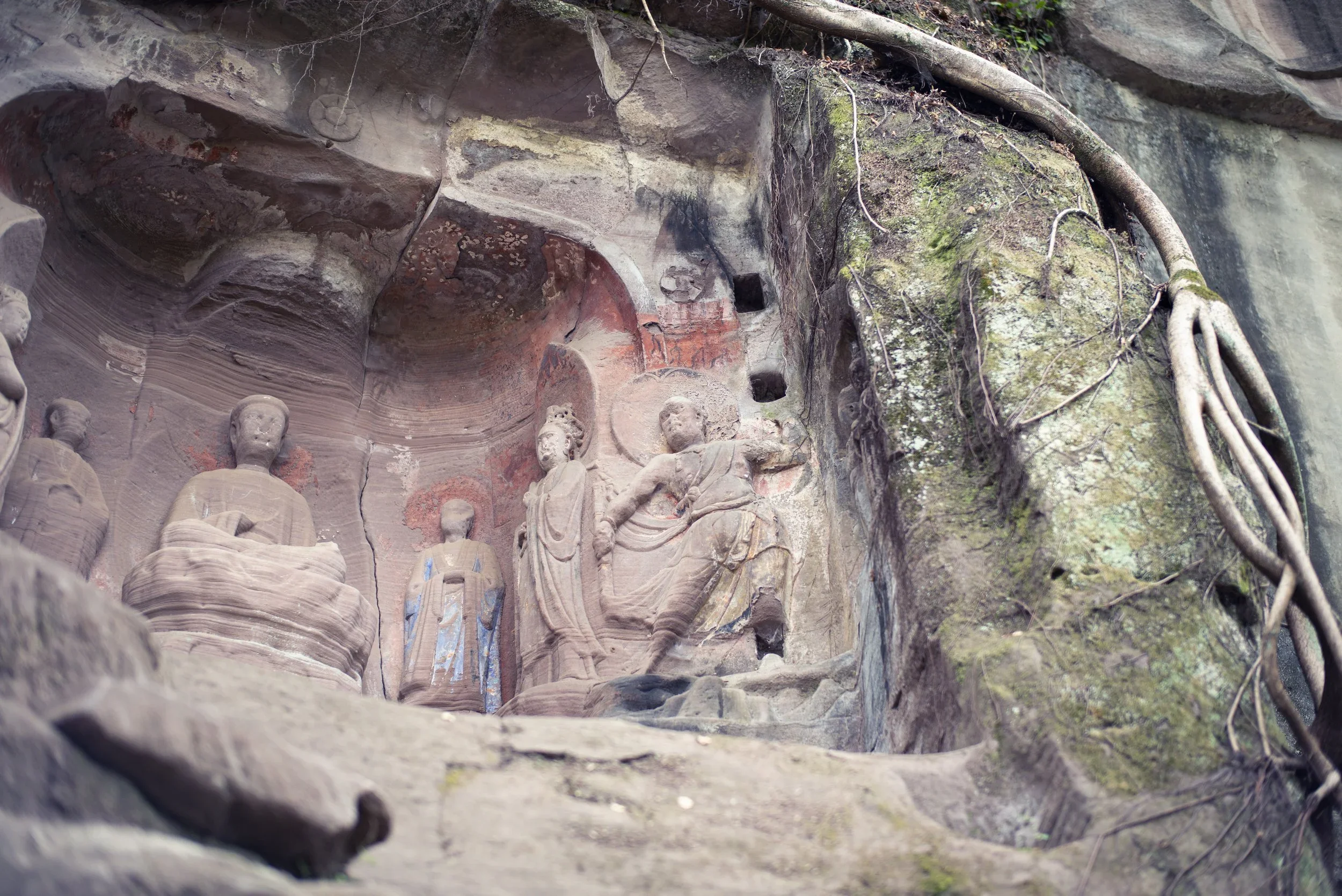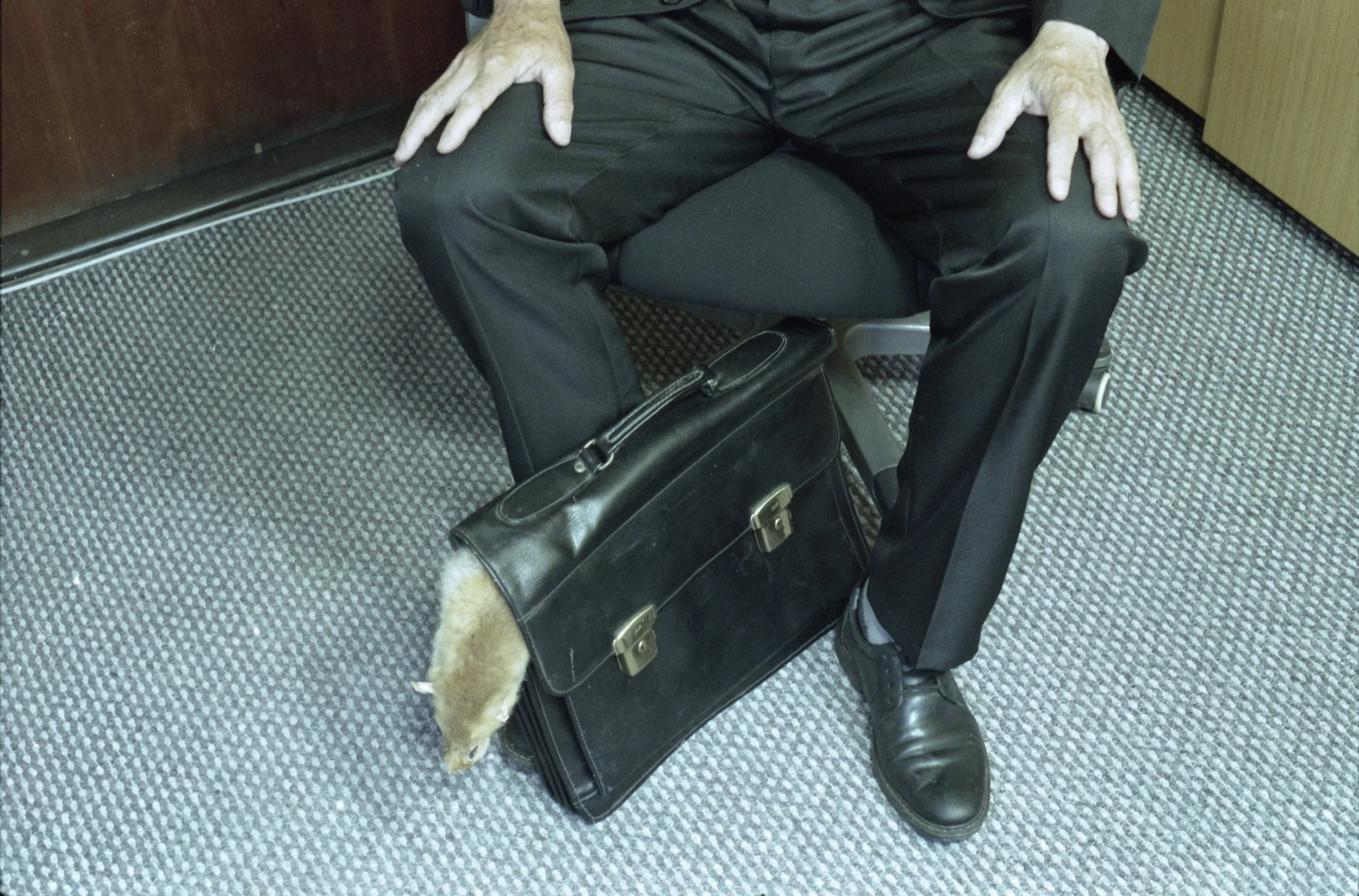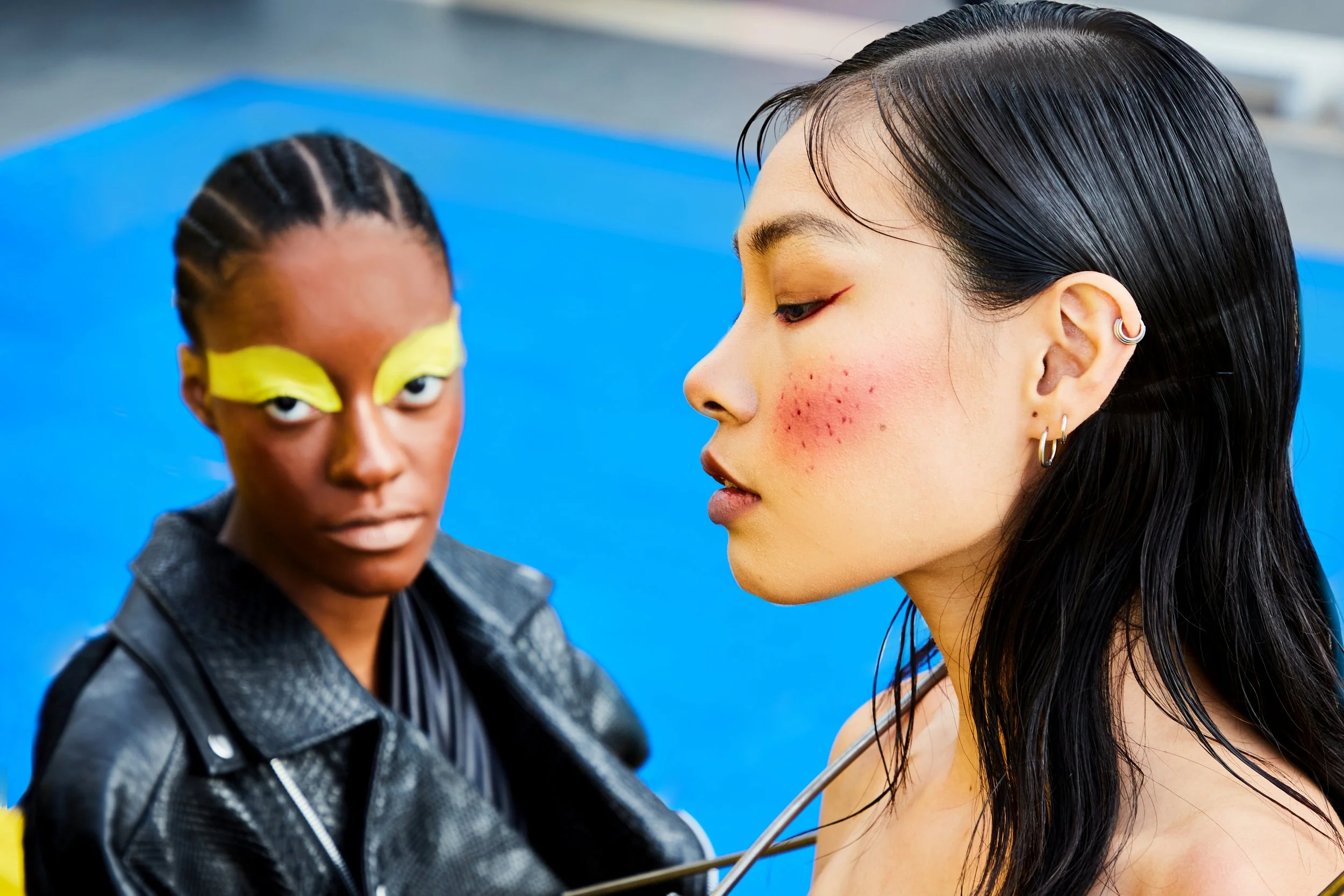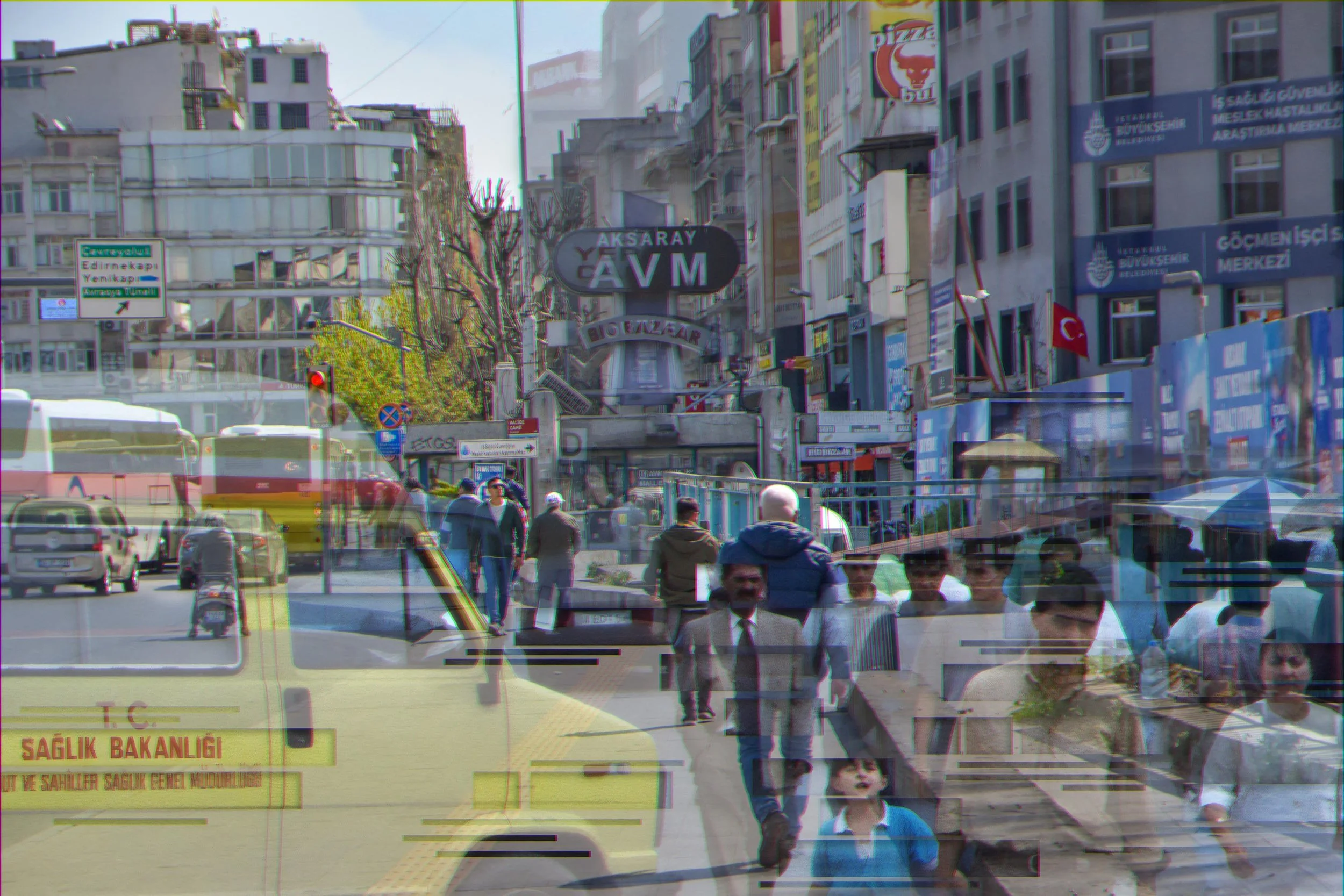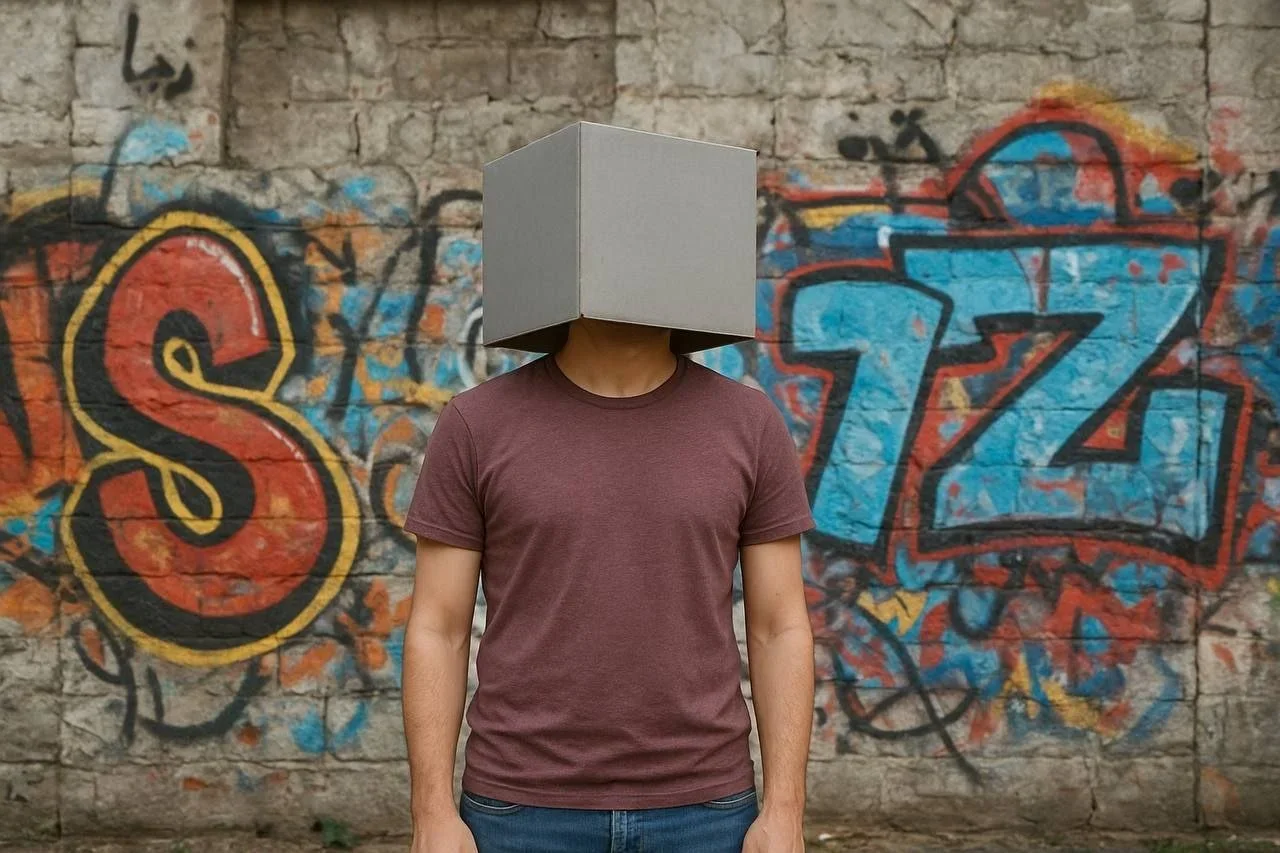8 Questions with Lexi Sun
Lexi Sun is a Chinese born multidisciplinary artist, photographer, and art director based in Berlin. She completed her Master's degree in Contemporary Photography and Philosophy at Central Saint Martins in 2018.
Lexi senses rhythm and repetition as the rhizome of her art practice. Throughout her practice, combining installation, performance, photography, moving image, and sound, she explores the rhythm of folding, unfolding, and refolding the repetition. The repetition itself leads to infinity. Throughout her art spans the domains of fine art and fashion, she builds bridges between civilizations, contributing to the way we understand each other and ourselves.
Over the past few years, Lexi Sun participated in exhibitions at Tate Exchange, Tate Liverpool, Lethaby Gallery, Folkestone Fringe, Haus der Kulturen der Welt, Everyman & Playhouse, and FACT Liverpool. Her photographic work, examining and negating the boundaries between fashion and art, was published by Vogue, F!Y Magazine, ELLE, and i-D China.
INTERVIEW
Could you tell us a little more about your background, and how did you begin creating art?
While I was born and raised in China, I decided to move to the UK for my Bachelor in Communication studies at the University of Liverpool. After that, I completed my Master's degree in Contemporary Photography and Philosophy at Central Saint Martins in 2018. Finally, I came to Berlin on a Freelance Artist Visa. I want to say that I was always interested in picture production through various mediums. Still, a film production course at UCLA in summer 2015 enriched my experience as a creator technically and opened up many possibilities. Since then, I continue learning and evolving as a creator with a more focused approach.
You are a multidisciplinary artist. You combine installation, performance, photography, moving images, and sounds. How do you define yourself as an artist?
Well, this question is tough to answer because I really don't know how to define myself as an artist in many ways. It is the outside world that defines my process, and it is also the reality of our world that mostly judges me and my work based on those hard facts of being Asian and a woman. I might simply answer that I can't help myself to do otherwise to why I want to create.
Reflecting on the mediums that I chose, I want to say that it mostly depends and is based on the first impulses of viewing my practice from a cinematographer's filter. - a translation of a head cinema script into a carrier bag medium. Within my photographic work, I am interested in examining the boundaries between fashion and art, while keeping in mind the storytelling qualities of an editorial shoot and being inspired by the teamwork with other creatives.
Techno Babies, Digital Photography Lexi Sun©
You have been quoted, "My art spans the domains of fine art and fashion; I am building bridges between civilizations." Can you explain what you mean by this?
As a Chinese female artist who is based in Europe, I wish my work could be an open window for the audiences to sense and understand not only my philosophy, art, and fashion practice, but also facilitate the connection between the young Chinese contemporary creators and the world.
How do you know your project is a fit in Photo Vogue? Do you follow the trends or have a personal philosophy that guides you in your creative expression?
I definitely would say that I have a personal philosophy within my photography work. It evolves with the people involved based on mutual interest and collaborative creation. It doesn't mean that I come to a set and do whatever I want or do whatever is wanted from me: It much rather means that I want to meet a client, my team and create with them together.
For example, I worked with the conceptual jewelry brand A-D-JUST for the campaign shoot; the creative process was completely collaborative. We scripted six characters that we experienced or have been in the cyber world to reflect on the online interactions. The whole team at the set took part in the storytelling of social media characters' ideas.
Techno Babies, Digital Photography Lexi Sun©
What freedom do you have in Fashion that you can hardly find in fine arts?
I would say that the structure within a fashion shoot and the different roles on set make it really easier and more possible to execute ideas spontaneously because you are basically surrounded by capable experts.
But there is also a valid negative connotation within the field of fashion photography. A very much needed reflection on today's fashion imagery production and the values it still carries is necessary. In a way, I became much more critical towards my own practice over time, and I experience that as a positive thing.
What do you hope that the public takes away from your work?
I hope my work can create experiences and trigger dreams. I like it when work can on the one hand bring you closer to yourself but, on the other hand, expand your mind outside of your self.-Like a reflective sponge. If a person could feel like that through what I create, I would be really happy.
Techno Babies, Digital Photography Lexi Sun©
Techno Babies, Digital Photography Lexi Sun©
Any fashion photographer you dream of meeting in person? Why?
I would love to meet Harley Weir and Hanna Moon in person one day.
I am triggered by their amazing aesthetics and powerful body of work and appreciate their point of view; the gaze felt through their images.
For those that would like to try fashion photography, what are your top tips for beginners?
1. Reach out to people you want to work with, an email, or a greeting to introduce yourself with a smile emoji :) no one wouldn't like that.
2. Find your camera(s); it's quite vital because it has to feel right, and you need to feel that your machine is the best translator for you.
3. Arrive early, talk to people on set before the shoot starts. It is a team work, and you want to make sure that it is a safe environment for everyone and has a good vibe.
4. Eat something before the shoot; don't work while you are hungry.









